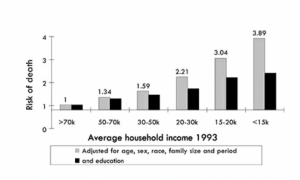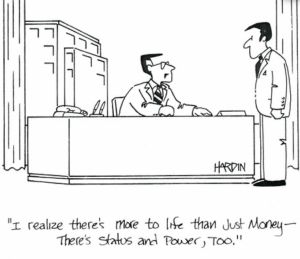I thought an outline of the problem of free will would help anyone that is interested in the debate. To answer if free will exists, it depends on what we mean by free will as well as what framework we use to interpret the concepts, and it even depends on our point of view. If you want to say that free will exists without saying that it depends, then you are motivated to show that it exists.
The Problem of Free Will
Philosophers rarely address all of the problems and pick one or two and call it a day. So I would be suspect of anyone saying that free will exists or doesn’t without qualification and explanation. There is a reason why some philosophers have spent thirty years on the problem but seem to have made little progress. It is a difficult problem. To be clear, I have come to the conclusion that free will exists within a certain linguistic framework, but once we start explaining things at the physical level, it cannot exist. I concede that number “1” below is true, which is freedom of action, and I will explain why the rest are problematic in the next posts.
First show:
- show the capacity to act freely (easy to show)
- also known as freedom of action (FA)
- there is empirical evidence that we experience free action which includes [1]
- Acts that show the person resisting temptation and resisting external pressures.
- Acts that involve the pursuit of long-term gain, rather than short-term impulse.
- Acts that indicate conscious reflection and thought are regarded as free.
- the fact that we have self-control implies that we have some degree of freedom
- e.g., If I will a coffee, then I am free to get it if no constraints.
- the question becomes how much control do we have over our actions
- show the capacity to freely make choices (difficult to show),
- this is freedom of choice or alternate possibilities (AP)
- includes “could have chosen otherwise”
- requires that options are open to us in the first place
- requires the characterization of choices
- obstacles of making it work with determinism
- show that mental states cause action
- also known as causal control (CC)
- do mental states—our intentions, beliefs, and desires—cause us to act?
- a majority of philosophers think that mental states do cause actions
- epiphenomenalism, endorsed by neuroscientists, says that mental states don’t do the real work
- show that conscious intentions lead to action
- “If all behavior were produced only by nonconscious processes, and if conscious decisions (or choices) and intentions (along with their physical correlates) were to play no role at all in producing any corresponding actions, free will would be in dire straits. ” [1]
- the above quote illustrates what a pro free will philosopher believes would be the end of free will
- because if we have no awareness of what is happening, then free will is meaningless
- even if that were true above, it may not affect freedom of action, “1”
- but it depends on the framework (level of analysis) used
- “1” above depends on using the framework of intentional agency to understand it
- intentional agency framework relates concepts to one another by semantics and logic
- the physical level relates things by physical causes
- we can not reduce intentional agency down to the physical
- the intentional agency level is said to supervene the physical level
- but it depends on our point of view or frame of reference
- there are three ways in which we can shift perspective on the self
- we can view ourselves as the entire body
- this means that it is always us choosing
- we can view ourselves as a series of mental states
- if we are our mental states, then it is us
- we can view ourselves as an executive
- a passive executive that witnesses action so not us
- an active executive that decides action so us
- we can view ourselves as the entire body
- there are three ways in which we can shift perspective on the self
- but it depends on your definitions of what is real
- for some neuroscientists the physical level or materialism is the only thing that counts as real
- for others, like cognitive science, multiple truths exist since truth is defined as “to understand”
Then answer:
- if we are free, then show that freedom is sufficient for moral responsibility?
- also known as ultimate responsibility (UR)
- we do have the capacity to control some actions but not others
- but it is not fair because we have different genetic dispositions, which is the problem of “moral luck”
- there is the problem of infinite regress in terms of ultimate responsibility
References:
[1] Roy F. Baumeister. “Free WIll and Consciousness”
[2] Richard Holton. “Willing, Wanting, Waiting.”
[3] Kane, Robert. “The Oxford Handbook of Free Will”
[4] Leary, Mark. Selfhood.
[5] List, Christian. “Why Is Free Will Real.”



